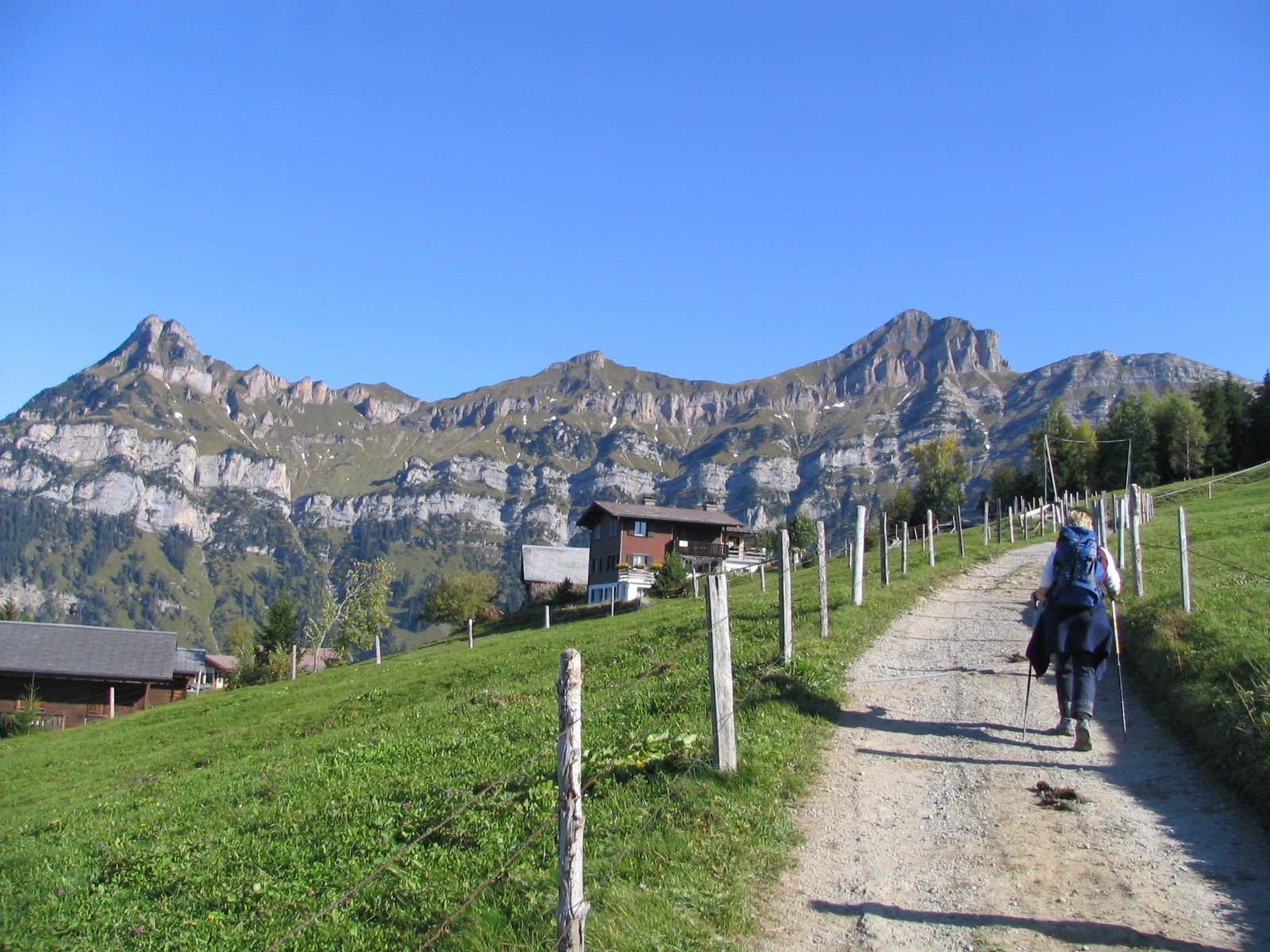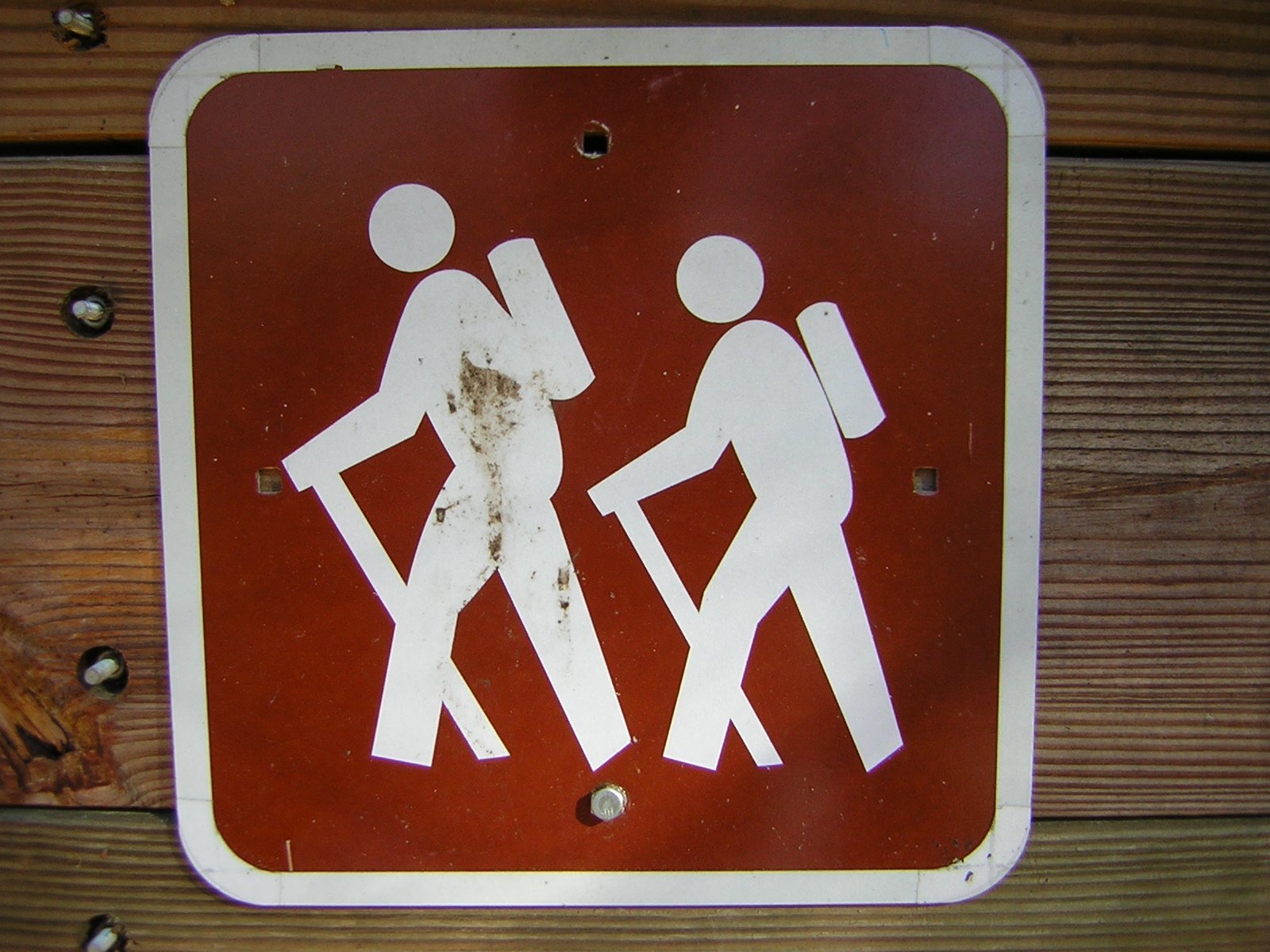Hiking and Walking
Whether you walk your dog around the block or have hiked Machu Picchu, hiking and walking are great forms of exercise and excellent ways to get and stay healthy, enjoyed by many all over the world. If you are looking into walking or hiking more seriously, or perhaps taking a trip to do a big hike, you may need extra equipment or new gear to do so. Here are some tips, and an outline of the gear to consider when thinking of hiking or more intense walking:

- Shoes; the number one consideration when walking or hiking, (or both!), are the shoes you will wear. Running shoes or gym shoes can be great for short walks, but making sure that they have the right level of support and are actually designed for walking is essential. Some shoes are actually better for walking than others, and some are training or workout shoes with different types of support. For hiking, boots can be helpful for more rigorous climbs, protecting your feet and ankles and offering adequate support.
- Hydration; one thing which can often be overlooked is a water bottle or receptacle. Staying hydrated when walking or hiking is crucial, even if it is cold outside. Carrying a water bottle is not always ideal or convenient, so consider something which fits in your backpack; smaller water bottles or other containers that may be more convenient. Be sure to bring one that is reusable, to avoid the risk of littering or forgetting your water bottle if you stop.
- Jackets and layers; dressing in layers helps you manage your body temperature. If you are cold, you can add layers, and if hot, you can remove them one by one. Packing or wearing a light jacket will help protect you from the rain or other elements. Layers help you regulate your body temperature without having to go from one extreme to another, and lighter, smaller layers are easier to store in backpacks or tie around your waist, than bulkier items.
- Trousers or shorts? Make sure to consider the terrain, distance and weather when you pick your outfit. There are times when trousers may suit your needs and activity better, and others when shorts may be better. If, for example, you are walking a long distance or a trail, shorts may be better, as they are cooler and lighter, but for hikes, trousers will protect you from scratches, bug bites, and other elements.
- Sun protection; even on cold days, the UV rays can be very strong and powerful, especially at elevations. Sun protection is essential for your skin and your overall health. This means wearing a hat, sunscreen or both, which can help protect you from the sun’s powerful rays.


